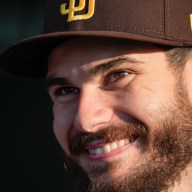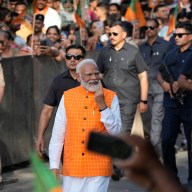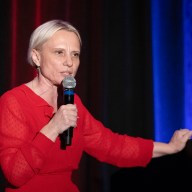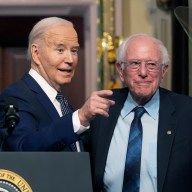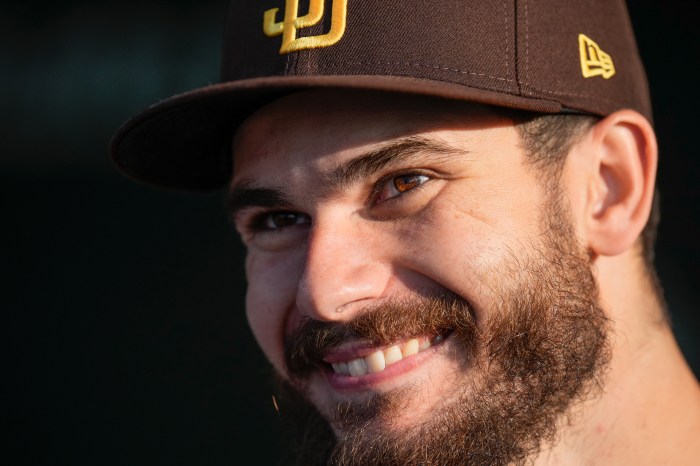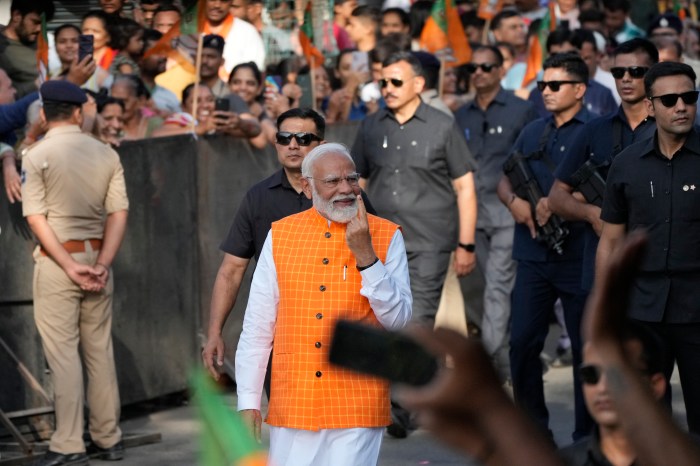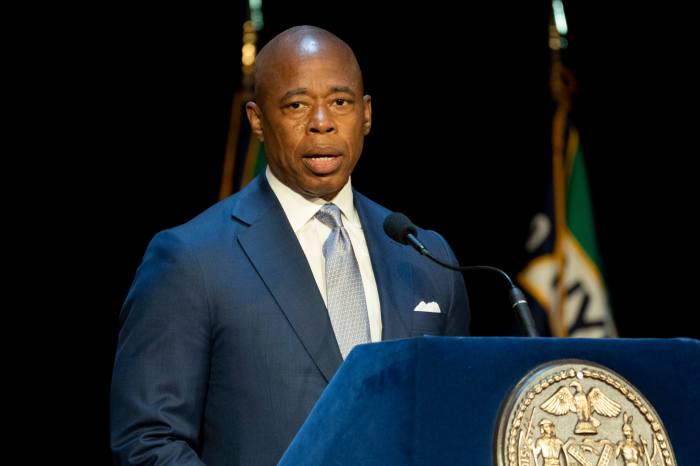If all goes according to plan, a sleek new ride will be winding the streets of Vancouver next year, running off thousands of hours of research, some blood, sweat and tears, and perhaps most notably, electricity.
This is the goal of the FUSE Transport Design Studio, a multi-disciplinary group of students from Emily Carr University: To develop and build an electric vehicle in time for the 2010 Olympics.
Stephanie Vacher, content manager and team publicist, said she got involved because she is personally concerned about the environment, but also because she wants to motivate others to rethink the way transit operates in metropolitan areas.
“Cars are a staple of our society, so we need to focus on creating a form of transportation that will lower our environmental footprint,” said the third-year student. “Basically, if students can do this, it shows that anybody can get involved and change their community.”
The FUSE team was born in late 2007 when team founder Bartosz Bos submitted a proposal based on 1,500 hours of research to Emily Carr president Dr. Ron Burnett. Burnett approved it, and over the course of the next year, a curriculum was developed and interested students recruited.
“I wanted to see how Emily Carr could best pool its resources to initiate a project that would support Emily Carr’s commitment to sustainability,” said Bos. “I wanted something fun and engaging for students, a real-world project creating a real-world product for our region.”
To avoid unnecessary spending, the group will take an existing vehicle and perform what Bos calls a “high-level conversion,” stripping it of its gas-guzzling innards and making it electric.
The team will receive help, expertise and advice from their partnerships with Vancouver Electric Vehicle Association — which has committed 1,000 hours of time — and Energy Awareness Through Art.
If the car is completed by deadline, there are tentative plans for it to take a symbolic trip to Whistler. After that, Bos says he intends for it to be showcased at schools and events as an example of sustainable technology.
Vacher says she feels the project has already succeeded in many ways.
“We are raising awareness, engaging our community and having a lot of fun in the process,” she said. “Speaking practically, even if we don’t meet our deadline, we are learning how to negotiate a major project. That’s the most important factor in this venture.”

